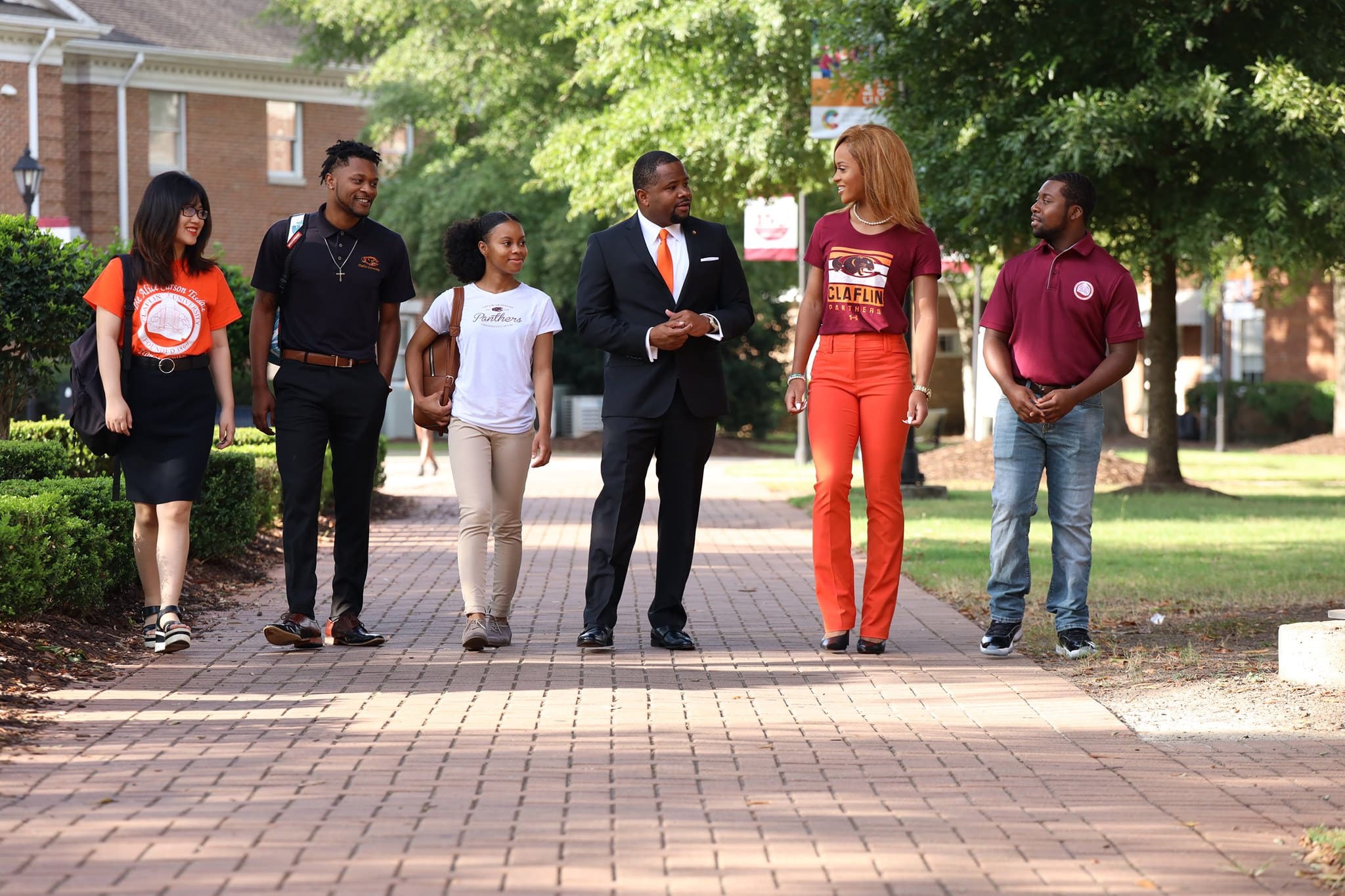Annual Conferences Need to Approve Amendment to Paragraph 35 of UM Constitution
Annual conferences are strongly encouraged to ratify Ballot #4, the constitutional amendment to Paragraph 35 because it standardizes and clarifies who is eligible to vote for clergy delegates to General Conference. While it does not change eligibility requirements from what is already detailed in other places in the Book of Discipline, it ensures that:
- A Master of Divinity (M. Div.) must be from a University Senate-approved theological school (or equivalent in Central Conferences), aligning Paragraph 35 with existing standards in Paragraphs 324 and 602.1.d.
- The language used is more precise and consistent with the rest of the Book of Discipline.
- It creates uniform educational standards for voting clergy across the global church, avoiding confusion or unequal application of qualifications.
Without ratification, educational and voting standards would remain adaptable and inconsistent, potentially allowing clergy with differing educational backgrounds to vote under varying interpretations across the denomination.
Talking Points for Constitutional Amendment to ¶ 35
Talking Ratification Process (¶ 60)
The postponed 2020 General Conference voted to amend Section VI, Article IV (¶ 35) of the UM Constitution. Because an amendment to ¶ 35 will change the constitution, it must be voted on by each annual conference. This amendment is on ballot #4. To be ratified, this amendment must be passed by two-thirds of the aggregate votes from across the denomination.
Amendment
¶ 35. Article IV. The clergy delegates to the General Conference and to the jurisdictional or Central Conference shall be elected from the clergy members in full connection and shall be elected by the clergy members of the annual conference or provisional annual conference who are deacons and elders in full connection, associate members and those provisional members who have completed all of their educational requirements and local pastors who have completed course of study or an M. Div. a Master of Divinity degree from a University Senate-approved theological school or its equivalent as recognized in a central conference and have served a minimum of two consecutive years under appointment immediately preceding the election.
Purpose and Rationale
The amendment’s purpose is to clarify and contextualize, and to mirror current educational standards expressed in other places in the Discipline, and to not expand, restrict, or change current educational standards for clergy members charged with electing clergy delegates to the General Conference by:
- Replacing an abbreviation with the full term.
- Substituting “Master of Divinity” for “M. Div.” is a grammatical revision to reflect the formal writing style of the Book of Discipline.
- Clarifying a Master of Divinity degree should be earned through a University Senate-approved theological school.
- This addition mirrors current educational standards in ¶ 324 and current voting qualifications in ¶ 602.1.d, which require a qualifying M. Div. be earned from a University Senate-approved school or its equivalent.
- Without clarification, one could argue an M.Div. from any institution will qualify a licensed local pastor to vote. Because a qualifying M. Div. for elders and deacons must be earned through a University Senate-approved school, this clarifies education parity for all clergy.
Current educational standards in ¶ 324 are adaptable in the Central Conferences. Constitutional paragraphs are not adaptable. Amending ¶ 35 creates a consistent educational standard for all clergy members.
- Allows for a contextualized equivalent to the University Senate.
- Regional/Central Conference equivalents to the University Senate are developing across the connection. These associations consider appropriate educational standards for their respective contexts.
Frequently Asked Questions
Related Posts
Rumi was a Muslim mystic who lived in Turkey in the 13th century. His poems are about the primacy of love. ... This poem is an invitation to help lift one another, because as we do so, we are also lifting the world. This poem has been translated by Farideh Azodi Davidson.
“Being a UMC institution and aligning with its Wesleyan guiding principles — which we do unapologetically — allows us to remain relevant in the current climate and culture,” says Dr. Dwuan J. Warmack, Claflin University president.
ATLANTA — Morgan Cebrun, a student at Xavier University, is one step closer to her dream of becoming a pediatric physician assistant, thanks to a scholarship from the General Board of Higher Education and Ministry (GBHEM).







